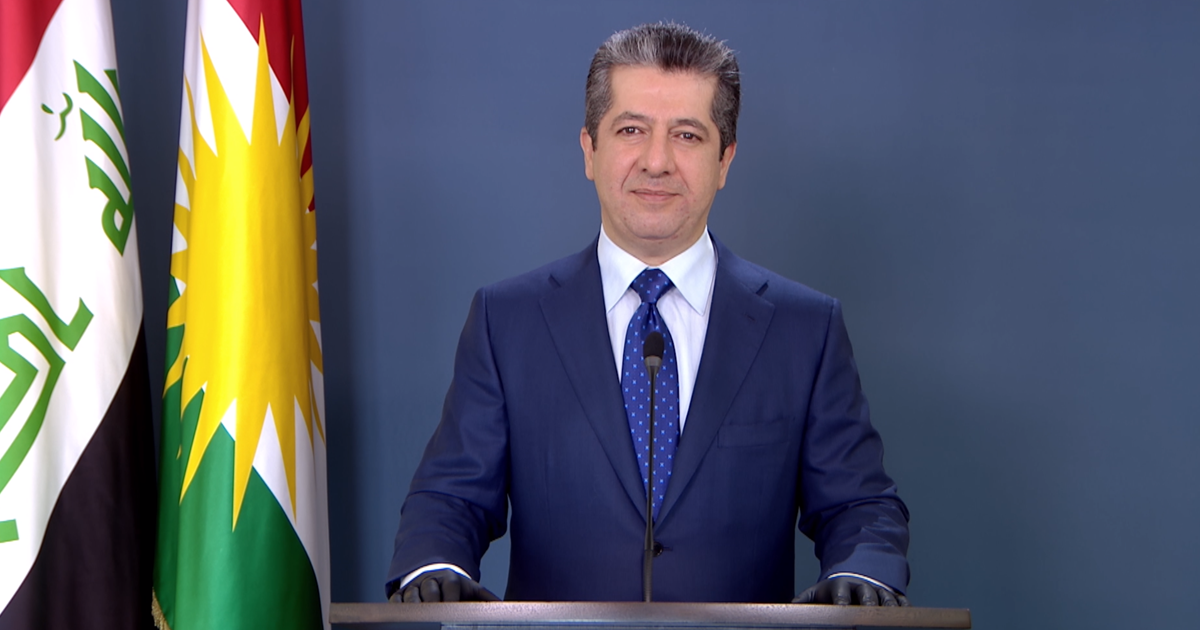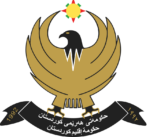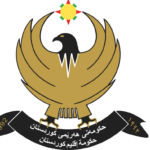Kurdistan Will Play Its Role in Confronting Climate Change

This year’s Middle East Peace and Security (MEPS) Forum is taking place at a pivotal moment, both for the world as a whole and for the Middle East in particular. The unfolding challenges in the region have far-reaching implications that extend well beyond its borders.
While we must continue to engage with the brittle nature of regional geopolitics, we must also turn our attention to issues that transcend them and which pose a threat to our very existence.
Foremost among these challenges is climate change, the uncontrolled warming of our planet that could, in our lifetimes, change how and where we live and force populations from their lands in greater numbers than in times of war.
The data on our warming planet is stark; particularly so for our neighborhood where predicted increases in temperature in some of the hottest parts of the globe will likely make parts of our region uninhabitable, causing mass migration to other parts of the world. The Paris Agreement on climate change last decade determined that an expected 1.5-degree Celsius increase in global temperatures equates roughly to a 3.5-degree Celsius increase in the Middle East. Rising temperatures mean changing climate patterns, which in turn threaten water security, the snowpack, which is vital to our needs, and the viability of crops that sustain our peoples.
The so-called fertile crescent, rich in alluvial soils and nutrients, which has been the food basket of our region for millennia, is under threat. If our crops fail, due to increasing heat, decreasing rain, diminishing soil quality – or a combination of any of these factors – our ability to provide for our people is reduced.
We, as a people and an integral part of our region must play a part. Global gatherings on climate change have been prescient in identifying the threat to humanity, but perhaps not as effective in facilitating solutions. There are two levels to the way forward. The first is well identified, and rests on major industrialized nations reducing carbon emissions to prescribed targets. But immediate action must be taken on the micro level, in regions such as ours, where we have been scrambling to understand the scale of the challenge. That changes now.
In addition to reducing our dependence on old energy, my government plans to introduce other steps that could slow a descent into a climate abyss. We plan to capture more flared gas and reduce our dependence on plastic wrappings, which block our rivers and other ecosystems. We encourage the capture and use of solar energy and other green energy, which we aim to introduce to our grid.
And I propose another step – reforestation. The fragile landscapes of Kurdistan once looked very different. Over the centuries, our forests have been harvested by our ancestors for subsistence needs. Wars have also been used as a pretext to cut down trees and disrupt entire ecosystems. There is no reason that they cannot be restored to the lush natural beauty of yesteryear. In fact, there is every reason they should be. Forests create microclimates, which can significantly lower temperatures, creating ecosystems inside them, and changing climates nearby. Many of you will have walked through Sami Abdulrahman Park in Erbil, where even during the height of summer, the temperature there is up to five degrees cooler than outside the park. That effect on multiple hilltops and valleys across Kurdistan could be transformative. I encourage local organizations to take steps to address this campaign and will have more to say on this as a Government in coming months.
While the Kurdistan Regional Government is committed to shouldering its responsibilities and contributing to ongoing international efforts, it must be acknowledged that no individual initiative can make a tangible impact on climate change. Failure to act is not an option.
Studies suggest that by 2050, more than 1.2 billion people will have left their homelands where the impacts of climate change and natural disasters will have made life nearly impossible. Since the worst-affected parts of the world are said to be in Africa and the Middle East, the Kurdistan Region of Iraq is expected to be a transition corridor if not a destination.
Such mass migration could also have devastating economic repercussions on host communities. The mooted numbers of migrants could be far larger than any previous exoduses the world has witnessed.
The government and people of the Kurdistan Region have previously demonstrated their capability to handle such challenges. In 2014, when faced with the emergence of ISIS, 2 million refugees and internally displaced people sought refuge among us. We have accommodated large communities and addressed their needs with the support of the international community.
While this offers a template for how to handle migration crises, the scale of expected future problems will dwarf current capacities. This gap must be bridged, first by an understanding of what lies ahead and secondly by a global willingness to collaborate on solutions before the problems become insurmountable.
We have taken steps to consolidate food security. The KRG has placed agriculture at the forefront of our priorities, and we aim to become a source of fruit and vegetables for neighbors who face desertification and food security challenges.
We also recognize the imperative of water security. To this end, we are building multiple dams and reservoirs. These public works are designed to safeguard water resources for the Kurdistan Region and provide relief to downstream areas in Iraq where relentless drought has already forced numerous families to seek new homes. On clean energy, my government provides special incentives for environmentally friendly projects aimed at mitigating the impacts on our air, water, and soil.
I would like to reemphasize this: addressing climate change requires collective action. Therefore, it is imperative that we establish an international coalition – to harness our combined capabilities and confront this challenge as a collaboration. Past experience of collective efforts, such as the war against ISIS, have been effective. History will show that the defeat of ISIS was a battle. We are now fighting a war for our peoples’ very survival.
Masrour Barzani



